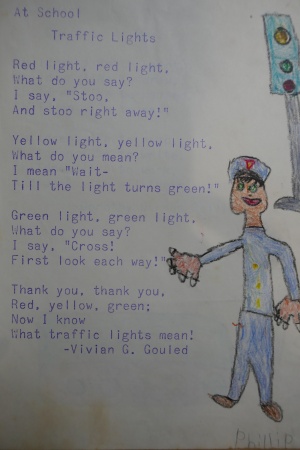Early Duplicators: Difference between revisions
Jump to navigation
Jump to search
No edit summary |
No edit summary |
||
| Line 5: | Line 5: | ||
<gallery mode widths=200px heights=200px right caption="[[Hekto-Printer gelatin transfer duplicator]], by Heyer, Inc."> | <gallery mode widths=200px heights=200px right caption="[[Hekto-Printer gelatin transfer duplicator]], by Heyer, Inc."> | ||
File:Hekto-Printer_gelatin_transfer_duplicator_1.jpeg|50px|200BLAHCAPTOON | File:Hekto-Printer_gelatin_transfer_duplicator_1.jpeg|50px|200BLAHCAPTOON | ||
File:Hekto-Printer_gelatin_transfer_duplicator_5.png|50px|caption. | File:Hekto-Printer_gelatin_transfer_duplicator_5.png|50px|caption. | ||
File:Hekto-Printer_gelatin_transfer_duplicator_4.png|50px|caption. | File:Hekto-Printer_gelatin_transfer_duplicator_4.png|50px|caption. | ||
</gallery> | </gallery> | ||
Revision as of 01:01, 12 December 2018
Though the practical history of early duplicators is often characterized by ambiguity and imprecision, the cultural history of copying is rich with insight on social movements catalyzed by minorities. Blah. [1]
- Hekto-Printer gelatin transfer duplicator, by Heyer, Inc.
-
200BLAHCAPTOON
-
caption.
-
caption.

A Counterculture Poem
A Mimeograph Biography
Notes
- ↑ Author, Book, pg. #.
License
The content on this page of the is licensed Creative Commons Attribution-NonCommercial-NoDerivatives 4.0 International. To understand your rights as a user of this website, please see this page: http://creativecommons.org/licenses/by-nc-nd/4.0/


